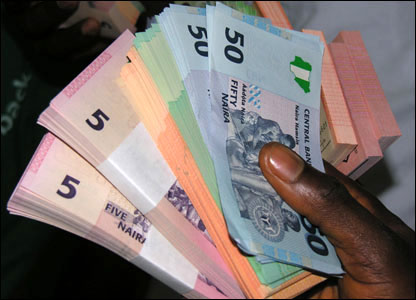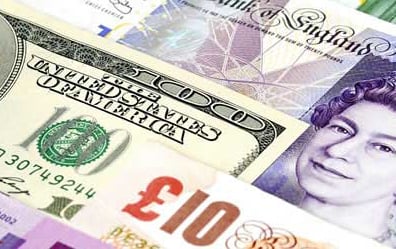Nigeria’s economic fortune is not looking brighter as foreign investors have continued to shun the country’s bond following concerns that the central bank will soon be forced to devalue the naira, which would in turn depreciate the bonds.
Nigerian local-currency government bonds returned 10.8 percent in dollar terms in the past three months – the most among 31 developing nations monitored by Bloomberg – yet foreign investors are turned off.
On September 9, a day after JPMorgan Chase & Co revealed its intent to delist Nigeria from emerging-market bond indexes, the bonds fell to 12.86 percent from a seven-month high of 16.32 percent.
According to Bloomberg, domestic investors are buying but foreigners’ confidence has eroded from the attractive bond due to the central bank’s forex policy.
Advertisement
Christian Diclementi, a money manager at Alliance Bernstein LP, which has $27bn invested in emerging markets, said his firm needs greater confidence to invest in Nigeria.
“For us, investment in the domestic bond market is more of a currency than a rates issue. We need greater confidence on the outlook for the currency before returning to the market,” he said.
Sewa Wusu, head of research at Sterling Capital Markets Ltd said: “Equities aren’t attractive at the moment. The third-quarter results were pretty bad. So, most investors are pitching their tents in the bond market, which is why yields have declined.”
Advertisement
Some investors would stay away as long as forex restrictions prevail in the Nigeria economy, Lutz Roehmeyer, who oversees more than $1 billion in emerging-market debt, has also revealed.
“What keeps us away is that the yield is too low to compensate for the potential devaluation risk, even 16 percent is too low.
“The naira may have to depreciate anywhere between 10 and 20 percent, when you’re offered a yield of 13.5 percent, you really need to be certain that depreciation won’t happen.”
Until mid-September, Nigerian yields were the highest among emerging markets, but has since fallen below those of Kenya, Brazil and Egypt.
Advertisement
President Muhammadu Buhari backed CBN governor Godwin Emefiele’s foreign-exchange controls, which prompted JPMorgan’s exit – an action analysts insist is hurting the economy.
Add a comment







